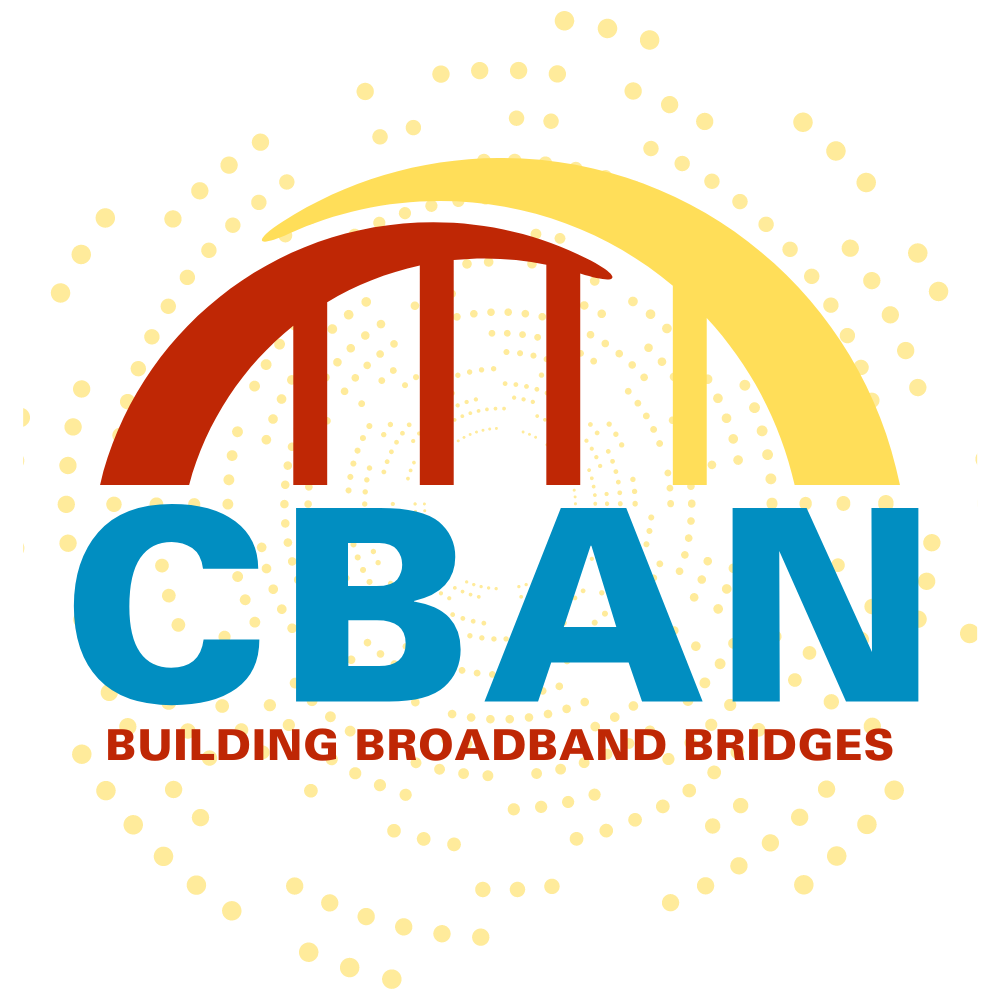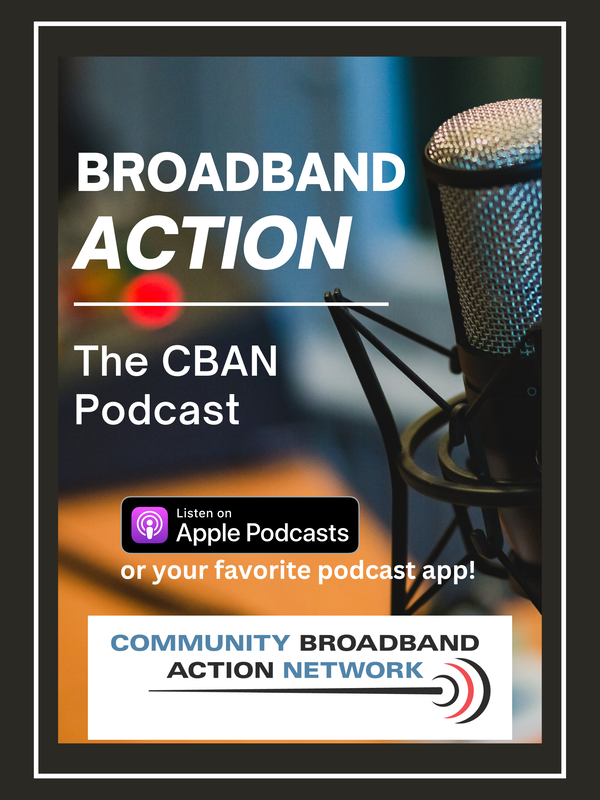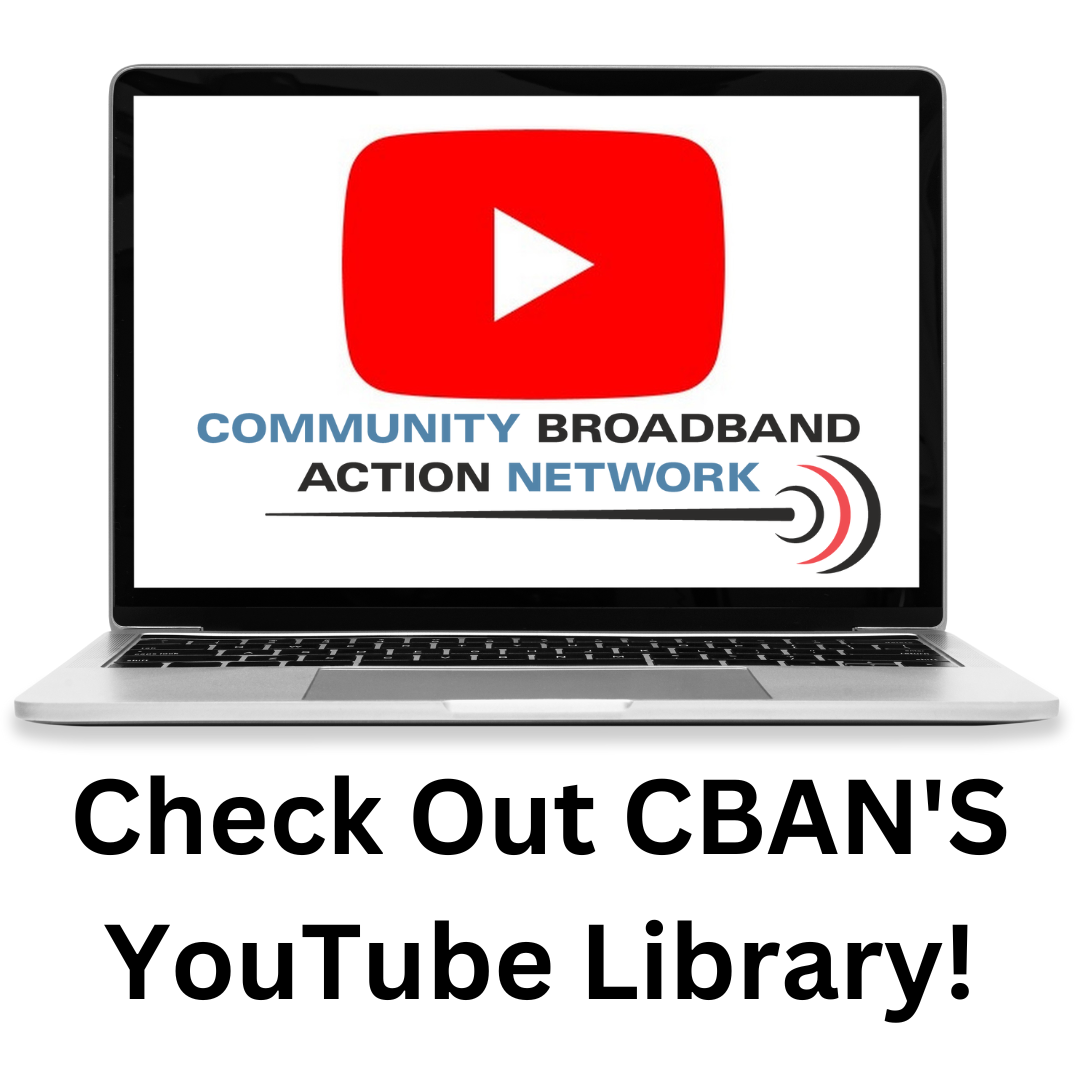 And then there were 16. States remaining with significant barriers to municipal broadband networks in America, that is. The latest state to entrust its citizens with their own broadband solutions is the Gopher State - Minnesota. This week Minnesota Governor Tim Walz signed the bill overturning two legacy laws last Tuesday. The bill had passed with overwhelming bipartisan support in the legislature. As outlined in this article by Sean Gonsalves at the Institute for Local Self-Reliance, communities in Minnesota that formerly faced major hurdles to community broadband networks are freed from those major restrictions. By ILSR's count, there are 16 states remaining where municipal broadband has been made difficult, almost always at the behest of big telecom companies seeking to block competition. Despite industry efforts to continue blocking municipal broadband, the momentum has swung the right direction in recent years. Restrictions have also been lifted in Washington, Arkansas, and Colorado. The Minnesota move is also a win for the American Association for Public Broadband (AAPB), which advocates for community-focused broadband across the nation. In a statement, AAPB Executive Director said "While 16 states still restrict these networks in various ways, we’re confident this number will continue to decrease as more communities demand the freedom to choose the network that best serves their residents."
0 Comments
New Jersey town's municipal broadband plans facing opposition from dark money group (surprise)5/28/2024 The town of Vineland, New Jersey and its residents have been frustrated by the lack of reliable, affordable broadband. And like many other communities nationwide, they have decided to take action and study the concept of a city-owned open access fiber network. And, like in many other communities, it's raised the hackles of a dark money group. The Taxpayer Protection Alliance Foundation (TPAF) is one of a number of organizations across the country that emerge from the shadows to try to block community broadband projects. It's not a stretch of the imagination to image that dark money flowing from the incumbent providers trying to protect their market monopoly or duopoly. However, since TPAF and an alphabet soup of other groups of the like don't have to reveal their donors, there's no real way to know. Ironically, TPAF - whose funders are completely hidden - is attacking Vineland for not being transparent about their feasibility study, which was performed by open acces network provider Bonfire. The group put in an open records request asking to see the 54-page feasibility study report, but the city denied the request because a competitor could use the report for their own competitive advantage. It's a move that TPAF has used in numerous other communities that were considering projects, always claiming that their motives are purely protecting taxpayers. New Jersey does not have any restrictions in place to block municipal broadband networks. But that doesn't mean that big telecom won't push back to protect itself from the will of the people.
CLICK HERE to read an article about Vineland and the dark money attacks at Ars Technica. It has been known for some time that US Cellular was interested in being acquired. It finally happened this week as T-Mobile announced that it will acquire all of US Cellular's stores, its customers, and 30% of its spectrum. US Cellular will retain ownership of its tower and most of its spectrum, which it will then lease back to T-Mobile. US Cellular operates primarily in the Midwest with other territories on each coast. Assuming the sale meets regulatory approval, it will mean less competition in the wireless market for a significant part of the nation.
CLICK HERE for a detailed article at The Verge. The latest edition of CBAN's Member Spotlight is now available for viewing or listening. In this episode, Curtis Dean visits with Glenn Paul with Innovative Systems, a CBAN associate member, about the services they offer to small broadband operators. Innovate Systems is a trusted partner for a number of CBAN provider members, and Paul discusses their product line, with a focus on their e-Lation subscriber management platform.
CLICK HERE to watch the video on the CBAN YouTube channel. One of CBAN's newest assocate members is the topic of this week's edition of "Member Spotlight". Ako Fiber, based in Michigan, is a small but growing underground construction company founded by Ange Kramo last year. Ako has served as a subcontractor for underground boring projects in Michigan and looking to expand their reach by networking with other CBAN members. CLICK HERE to see Curtis Dean's interview with Kramo and learn more about Ako Fiber!
The three sessions from the 2024 CBAN Spring Summit are now available to anyone who wants to lean about broadband access and digital equity!
We encourage our Broadband Bytes readers to check out each of these videos, and share with collegues and friends. Also, leave us a comment on the videos - your feedback is very much appreciated!
Same as it ever was. Since communities first started asserting control over their techological future by building publicly-owned broadband networks, big telecom companies have tried to stop them to protect their monopolies. Unlike twenty years ago when the public had a way to find out who was behind the misleading attacks and false information, big telecom can now create front groups, also known as "dark money" groups. These organizations hide behind federal laws that allow them to keep their donors secret and bear righteous names such as the "Domestic Policy Caucus", "NoGovInternet", and "Mass Priorities". But it isn't hard to figure out that their agenda is not to protect communities from themselves - its to protect themselves from competition. At her recent keynote speech at the CBAN Spring Summit, AAPB Executive Director Gigi Sohn outlined how these dark money groups operate in the shadows to try to block community broadband projects from happening. AAPB and other advocacy groups such as the Institute for Local Self-Reliance have been pushing back for years on these attacks, and as a result the dark money groups have little to show for their millions of dollars of anti-muni money. Ars Technica has a great article about the dark money groups - CLICK HERE to read.
 Mediacom is launching mobile phone service across its 22-state service footprint, with the first customers expected to come on board in June. Mediacom joins other big cable companies such as Comcast and Charter who've also been offering mobile to their customers. Mediacom chose to partner directly with Reach as its MVNE rather than utilizing the offering that the National Content and Technology Cooperative (NCTC) makes available to its members. Both Mediacom and NCTC's offerings use AT&T as their underlying network. ISP's can also offer mobile phone service through CBAN associate member NRTC. The NRTC solution utilizes Verizon as the underlying carrier. For more on the launch of Mediacom Mobile, CLICK HERE to read an article at Cablefax.
On Thursday, the Senate Commerce Committee will vote on a bill to extend the ACP, with $6 billion slated to be carved out from auction proceeds from off-spectrum bands to commercial users (if the FCC’s authority to do so is reinstated). Excellent coverage has been provided by Broadband Breakfast and Broadband Communities on the details to date.
What isn’t getting a lot of specific attention is the amendment to the bill proposed by lead sponsor Ben Ray Luján (D-New Mexico) as a standalone measure. It would tighten income requirements from households at or below 200 percent of FPL to 135 percent, the same standard applied to Lifeline. It also proposes more stringent verification, requiring all recipients to qualify through the National Verifier. This is important. The current program can serve up to 51.6 million American households (participation is around 23 million households so far). Under the new guidelines, only about 33 million households would qualify - a decrease of 36 percent, or 18.6 million households. Pair that with the somewhat paltry $6 billion allocation and no identified long-term funding source, and we have to ask: will this bill, if passed, support the longevity of ACP, or is it the first decisive step towards killing it altogether? If 36 percent of current participants are kicked off the program anyway, how will we serve those families? It’s vanishingly rare for program subsidies that go down to come back up. CBAN's Jon Willow and Curtis Dean have spent a busy two days at the Merit Member Conference, held at the lovely St. John's Resort in Plymouth, Michigan - just outside of Detroit. Jon and Curtis led a panel discussion on the topic of "Building Your Own Broadband Bridge" featuring two Michigan communities that navigated Michigan's legal requirements to build community-owned fiber networks. Panelists Pete Hoffswell with Holland Board of Public Works and Gary Munce with Lyndon Township discussed the process that their two localities went through to lead to successful fiber projects. The session was recorded and will be featured on an episode of Broadband Action to be published later this week. CBAN and Merit Network are reciprocal members, and the conference featured a wide array of technology topics, from digital equity to access to cybersecurity. It was also a great opportunity to spend time with several CBAN members and introduce ourselves to future members such as Allegan County, Michigan - which joined CBAN right after our panel discussion.
|
Broadband Bytes NewsPresented by the Community Broadband Action Network and curated by Curtis Dean. Archives
July 2024
Categories
All
|






 RSS Feed
RSS Feed
